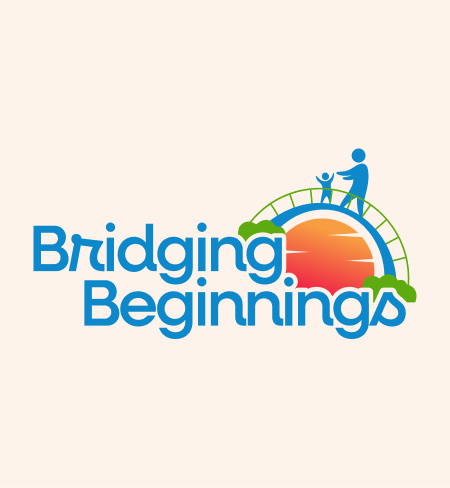
About Bridging Beginnings
Blog Detail
- Bridging Beginnings
- Blog Detail


- Apr 9, 2025
How to talk to parents
How to Talk to Parents About Developmental Concerns: A Guide for Early Childhood Educators
Talking to parents about their child’s development can feel daunting. Many early childhood educators worry that they’re not qualified to bring up concerns because they’re not doctors or specialists. Others fear conflict, especially since early childhood teachers are often viewed as warm and nurturing rather than experts in child development. However, as educators, we observe children daily in various settings, making us well-positioned to notice potential developmental concerns early. Here’s how to navigate these conversations effectively and compassionately.
Set the Foundation for Open Communication
- Establish Expectations Early: From the beginning of the program, communicate that you regularly monitor all children’s development and encourage parents to share updates on their child’s progress at home. This sets the stage for open dialogue and prevents surprise when concerns arise.
- Frequent, Informal Check-Ins: Since parents are often in a rush during drop-off and pick-up, take moments to ask, “How has Kevin been doing at home?” or “Have you noticed any new skills or challenges lately?” This keeps the lines of communication open and non-intimidating.
Use Objective Tools for Documentation
Screening tools provide an objective way to monitor development. They are affordable, easy to use, and can help guide discussions with families:
- Ages & Stages Questionnaires (ASQ) – A developmental screening tool that covers communication, motor, problem-solving, and social-emotional skills.
- MacArthur-Bates Communicative Development Inventories – A free tool focusing on language development in young children.
- Routine-Based Observations – Track behavior across different activities to get a fuller picture. Instead of saying, “Sarah doesn’t pay attention in circle time and pushes peers,” document, “Sarah enjoys group activities but becomes restless during longer discussions. We’ve noticed she engages more when given a movement break or hands-on tasks.”
Framing Developmental Concerns in a Supportive Way
When concerns arise, document them across multiple routines and describe behaviors in a way that parents can understand without feeling defensive:
- Instead of: “Kevin hits a lot during the day.”
- Try: “Kevin enjoys engaging in a variety of activities throughout the day, but when he becomes overly excited or tired, he struggles to keep his hands to himself around peers.”
Using descriptive, non-judgmental language helps parents process information without feeling blamed.
Be Solution-Oriented & Relate to Parent Experiences
- Discuss Developmental Stages: Explain what is typical at their child’s age and how delays in certain areas can impact future learning and social skills.
- Frame Conversations Around Support: Instead of focusing solely on challenges, ask, “What would make life a bit easier for you at home?” Parents often see similar behaviors at home, and framing the conversation around solutions builds partnership rather than defensiveness.
- Provide Next Steps: If concerns persist, discuss options such as further monitoring, implementing new strategies, or seeking an evaluation if needed.
By establishing open communication, using objective screening tools, and approaching concerns with a supportive mindset, early childhood educators can confidently engage parents in conversations that ultimately benefit the child’s development.
